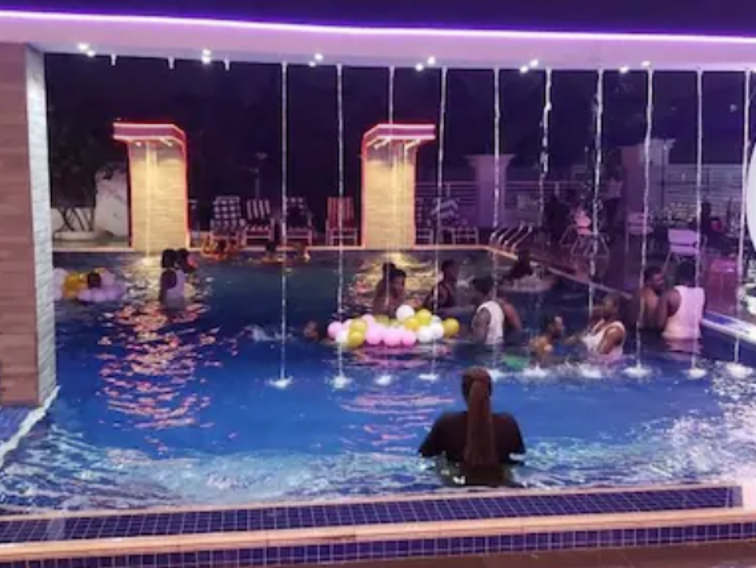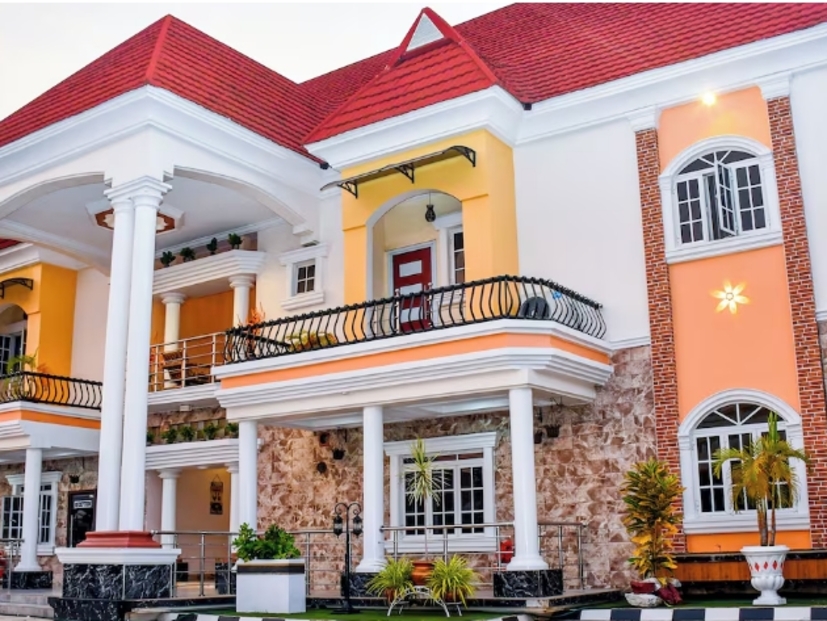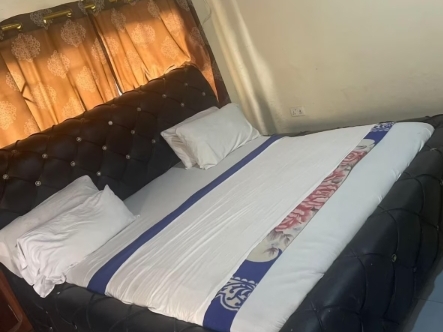The Upper West Region offers one of Ghana’s most grounded and enriching travel experiences. Far from the mainstream, this northwestern landscape invites visitors into a world shaped by ancestral wisdom, spiritual depth, and remarkable resilience. From the slow-moving waters of the Black Volta to centuries-old mud mosques and sacred groves, the region connects travelers to the soul of northern Ghana.
This is a destination best explored with curiosity, patience, and respect. In return, visitors are rewarded with meaningful encounters, timeless architecture, and landscapes that speak softly but powerfully of history and identity.
Overview of the Upper West Region
Located in Ghana’s northwestern corner, the Upper West Region borders Burkina Faso and maintains long-standing cultural and trade connections across the frontier. The regional capital, Wa, serves as the administrative and cultural heart of the region.
The Upper West is home to the Wala, Dagaaba, Sissala, and Lobi peoples, whose traditions remain central to daily life. The region is known for its peaceful rural character, historic mud-built architecture, Islamic heritage, and strong community bonds. Travelers will encounter traditional palaces, ancient mosques, rock formations, sacred forests, and community-led conservation efforts—all within a calm and unhurried setting.
Accommodation in the Upper West Region
(Expedia-style overview)
Accommodation in the Upper West Region is modest, practical, and welcoming. While luxury resorts are not typical, visitors will find a range of mid-range hotels, budget guesthouses, mission lodges, and community-run eco-lodges that offer comfort, safety, and genuine hospitality.
Wa (Regional Capital)
Wa hosts the widest selection of accommodation in the region.
Mid-range hotels provide air-conditioned rooms, private bathrooms, Wi-Fi, on-site restaurants, and meeting facilities. These properties are commonly used by business travelers, NGOs, tour groups, and government visitors.
Budget guesthouses and small inns offer clean, affordable rooms with basic amenities. They are popular with volunteers, independent travelers, and domestic tourists.
Mission lodges and rest houses are well-maintained and peaceful, often located near churches or hospitals. They are ideal for travelers seeking quiet surroundings and reliable comfort at reasonable rates.
Other Towns: Jirapa, Lawra, Nandom & Tumu
Outside Wa, accommodation options are smaller in scale but well-suited to cultural exploration.
District guesthouses are found in most district capitals and provide functional lodging for travelers exploring heritage sites, markets, and festivals.
Community-run inns are often family-managed, offering home-style meals, local knowledge, and proximity to markets and cultural events.
In select areas near protected landscapes—such as Wechiau and Gbele—small eco-lodges support community-based tourism and offer basic accommodation close to nature.
Things to See & Do in the Upper West Region
The Upper West Region is rich in spiritual landmarks, historic architecture, and natural beauty. Its attractions are deeply tied to belief systems, oral history, and community identity.
Cultural & Historical Experiences
Wa Naa’s Palace
The traditional seat of the Wala authority, this centuries-old mud-built palace reflects Islamic and Sudano-Sahelian architectural influence. Guided visits provide insight into royal customs and governance.
Ancient Mosques (Larabanga-style architecture)
Historic mosques in Nakore, Dondoli, Wulugu, and Gwollu showcase Sudanese mud architecture and serve as both active places of worship and cultural monuments.
Gwollu Slave Defense Wall
Built to protect the community from slave raids, this site stands as a powerful reminder of resistance and resilience during the era of the trans-Saharan and trans-Atlantic slave trades.
Nandom Cathedral
A striking Catholic cathedral that blends northern Ghanaian architectural elements with Christian symbolism, reflecting cultural adaptation and continuity.
Nature & Eco-Tourism
Wechiau Hippo Sanctuary
Located along the Black Volta River near the Burkina Faso border, this community-managed sanctuary protects one of Ghana’s last hippo populations. Activities include guided canoe safaris, birdwatching, and village walks.
Gbele Resource Reserve (near Tumu)
A protected wildlife area home to antelope, baboons, warthogs, and numerous bird species. Guided walks and basic lodging are available for nature enthusiasts.
Rock Formations (Daffiama & Jirapa Areas)
Dramatic rock outcrops and landscapes ideal for hiking, photography, and cultural storytelling with local guides.
Sacred Groves & Community Forests
Protected by traditional beliefs, these areas play an important role in biodiversity conservation and spiritual practices.
Crafts, Markets & Daily Life
Wa Market
A vibrant regional market known for leather sandals, handwoven smocks, beadwork, baskets, and local produce.
Jirapa & Lawra Weaving Communities
Renowned for traditional smock weaving used in ceremonies and everyday wear.
Pottery Communities
Small villages where traditional clay pottery techniques are still practiced, primarily by women artisans.
Festivals & Cultural Life
Kobine Festival (Lawra)
A lively harvest celebration featuring drumming, dancing, masquerades, and ancestral remembrance.
Paragbiele Festival (Sissala Areas)
Celebrates unity, leadership, and community values through storytelling and traditional performances.
Damba Festival (Wa)
Marked by royal processions, horse riding, and Islamic traditions, reflecting shared northern Ghanaian heritage.
Getting Around the Upper West Region
Most travelers reach the Upper West Region by road via Tamale or Techiman, with Wa serving as the main transport hub. Long-distance buses and shared taxis connect Wa to major cities, while minibuses and shared taxis operate between district capitals such as Jirapa, Lawra, Nandom, Tumu, and Gwollu.
Travel within the region is best approached with flexibility and time. Shared taxis and minibuses (trotros) are widely used, but schedules can be irregular. For visiting remote sites—such as Wechiau, Gbele Reserve, or rock formations—hiring a private vehicle or local driver is strongly recommended.
Travel Tips for Visiting the Upper West Region
Best Time to Visit
The dry season, from November to March, is ideal for travel, festivals, and wildlife viewing. Road conditions are generally better during this period.
Transport
Public transport is available but limited in frequency. Private transport offers greater access to rural attractions and flexibility.
Connectivity
Mobile network coverage is reliable in Wa and district towns but may be limited in remote villages and protected areas.
Health & Safety
Carry insect repellent, sun protection, and stay well hydrated. Regional and district hospitals provide basic healthcare services.
Cultural Etiquette
Greetings are an essential part of daily life. Dress modestly, follow local guidance, and always ask permission before photographing people or sacred sites.
Languages
Local languages include Dagaare, Wali, and Sissali. English is widely spoken in towns and among service providers.



